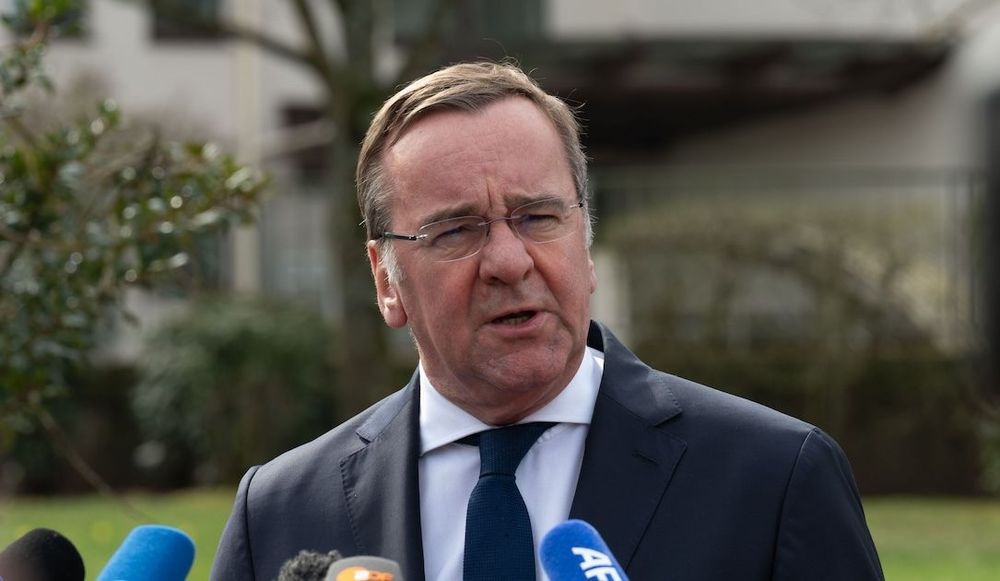Germany to launch cyber military branch to combat Russian threats
Germany is set to introduce a dedicated cyber branch as part of its military restructuring, the country’s defense minister announced on Thursday, with an aim to combat increasing cyber aggression from Russia toward NATO members.
The expanded German Cyber and Information Domain Service (CIR) will become the fourth independent branch of the country’s armed forces.
“Like the army, air force and navy, it has responsibility for carrying out military actions — in the cyber and information space,” Germany's defense minister, Boris Pistorius, said in a statement.
According to Pistorius, CIR’s responsibilities will include combating hybrid threats such as disinformation and influence operations, as well as performing tactical tasks like electronic warfare.
The four branches of the German military will operate under a new central command, which will combine two previously separate commands for domestic and foreign deployments.
The aim of revamping the German army, or Bundeswehr, is to adapt it to the "changing times" and the increasing threats posed by Russia.
“Since Russia has questioned the European peace order, a particular threat situation has arisen for Germany and its allies,” Pistorius said.
"No one should have the idea of attacking us as a NATO territory. We have to convey this credibly and truthfully," he told reporters during a press conference in Berlin.
According to Pistorius, the Bundeswehr will require an additional $7.06 billion in 2025 to meet the NATO defense spending target of 2% of gross domestic product in the coming years.
As a NATO member and ally of Ukraine, Germany faces cyber and information threats from Russia. Just recently, German political parties were targeted by hackers linked to Russia’s Foreign Intelligence Service (SVR).
Earlier in March, German prosecutors charged a military officer with espionage offenses after he was allegedly caught spying on behalf of the Kremlin’s intelligence services.
During the security conference in Munich in February, German Chancellor Olaf Scholz said that Russia is attempting to undermine German support for Ukraine through disinformation campaigns and propaganda on social media.
Daryna Antoniuk
is a reporter for Recorded Future News based in Ukraine. She writes about cybersecurity startups, cyberattacks in Eastern Europe and the state of the cyberwar between Ukraine and Russia. She previously was a tech reporter for Forbes Ukraine. Her work has also been published at Sifted, The Kyiv Independent and The Kyiv Post.



